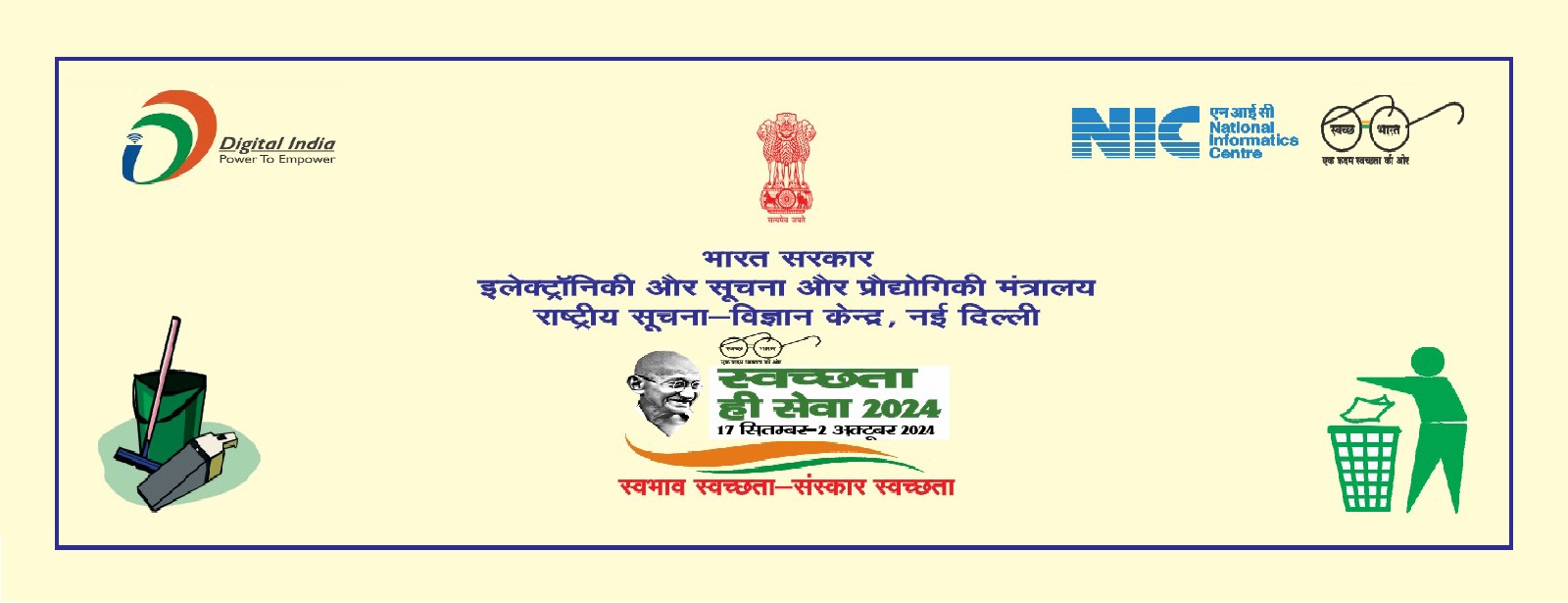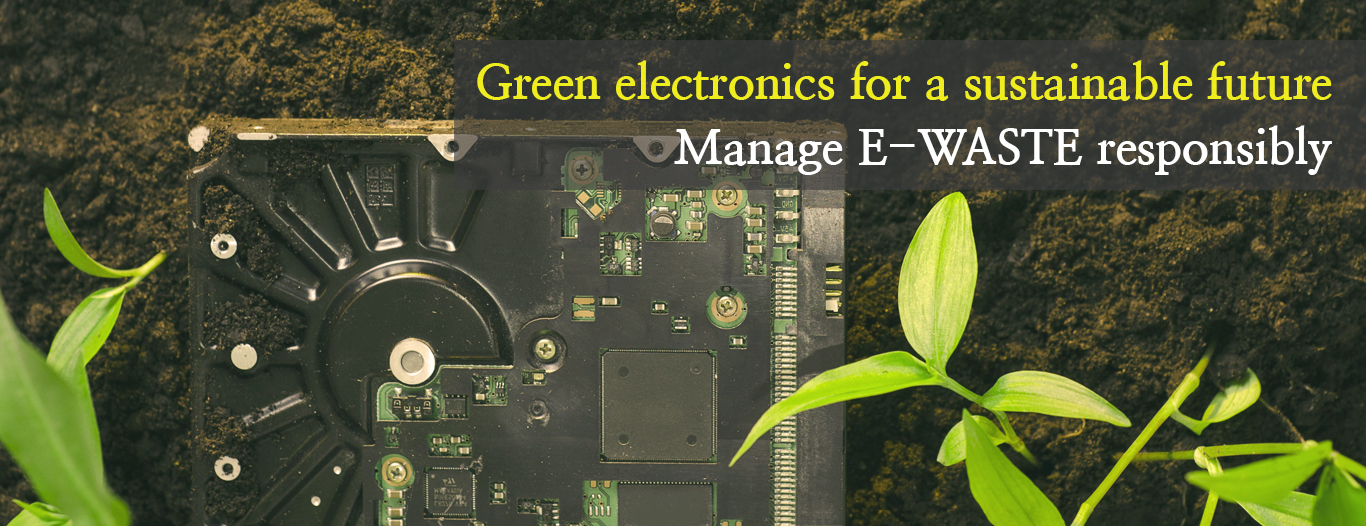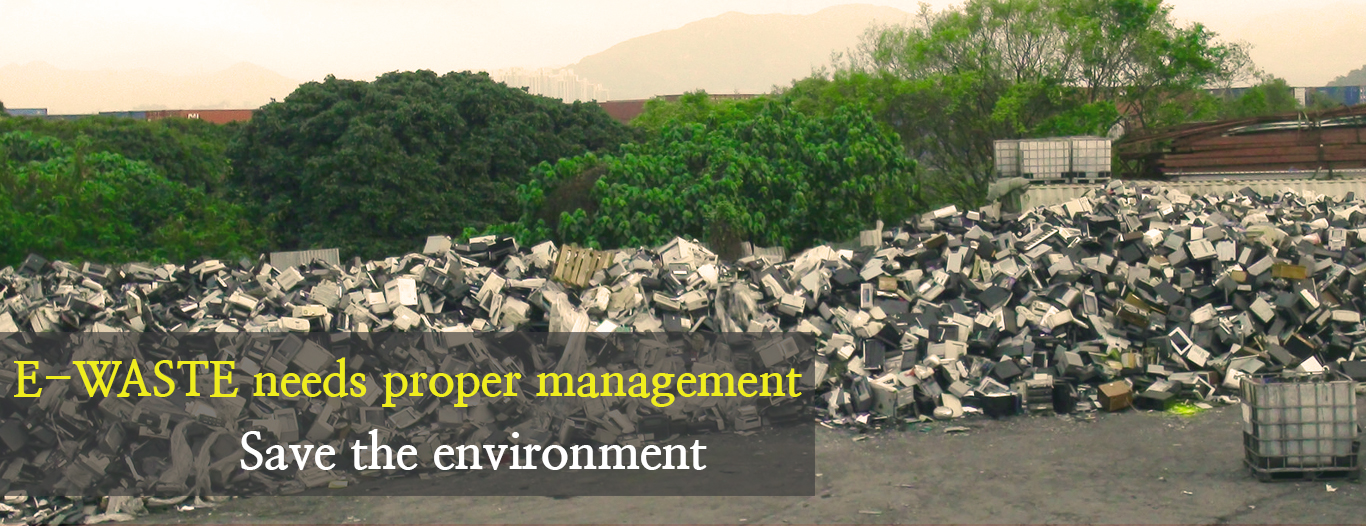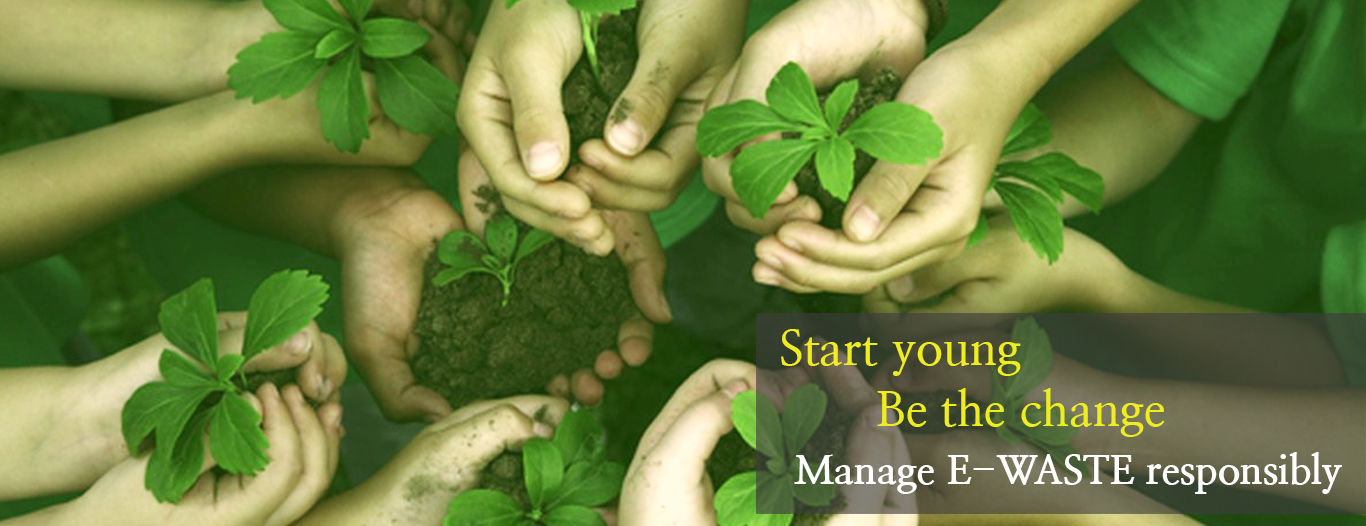ABOUT E-WASTE AWARENESS
The programme aims to create effective awareness in various levels (of society) to reduce the adverse impact on environment and health arising out of the polluting technologies used in recycling e-waste in the unorganized sector.
OUR MANDATE
The charter for this programme is to bring together the triad of public, government and industry to adopt responsible measures for Sustainable electronics that is responsive to environmental needs. This needs proactive policy formation and mass deployment that would be the focus area.
Stakeholders
-
BULK CONSUMERS

-
MANUFACTURERS

-
GOVERNMENT

-
DEALERS

-
REFURBISHERS

-
SCHOOLS AND COLLEGES

-
RWAs

-
INFORMAL SECTOR

Activities Across India
MeitY transferred cost effective Li-ion battery recycling technology to nine recycling industries and start-ups
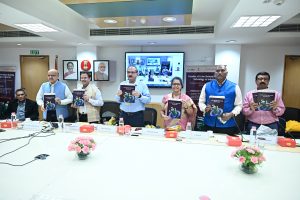
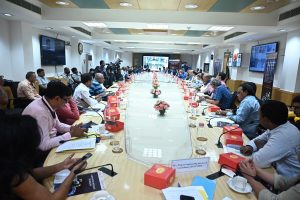
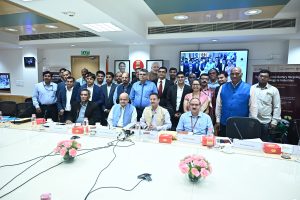
- Date: 2nd June 2023
- Venue: NITI Aayog
- City: New Delhi
- State: New Delhi
School Activity in Agartala (Tripura)
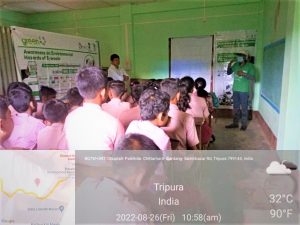
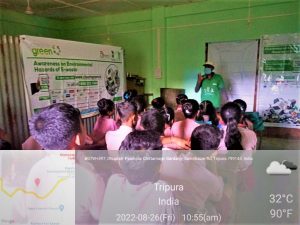
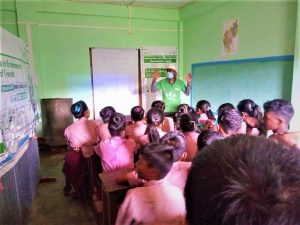
Awareness Programme on Environmental Hazards of E-waste and Plastic Waste
Date : 26/08/2022
Stakeholder: School
Name : Uttar kanchannagar S.B School
City: Agartala
State: Tripura
https://pib.gov.in/PressReleseDetailm.aspx?PRID=1929480
School Activity in Agartala (Tripura)

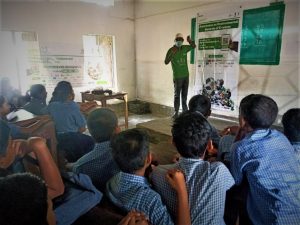
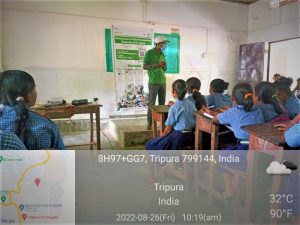
Awareness Programme on Environmental Hazards of E-waste and Plastic Waste
Date : 26/08/2022
Stakeholder: School
Name : KC Para S.B School
City: Agartala
State: Tripura
School Activity in Delhi
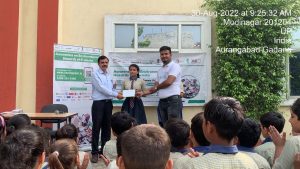
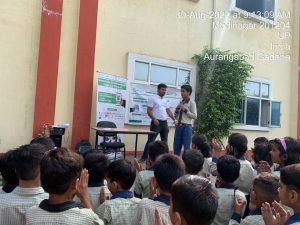
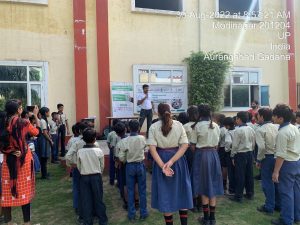
Awareness Programme on Environmental Hazards of E-waste and Plastic Waste
Activity Date: 30-08-2022
Stakeholder: School
Name: Lotus Valley Public School
City: New Delhi
Location: NCR
School Activity in Agartala (Tripura)
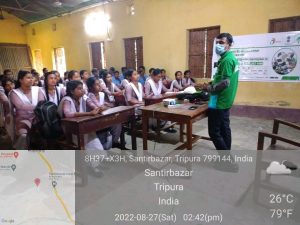
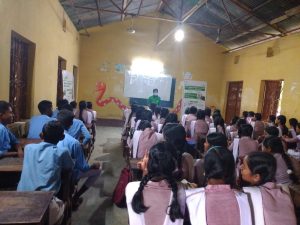
Awareness Programme on Environmental Hazards of E-waste and Plastic Waste
Activity Date: 27-08-2022
Stakeholder: School
Name: Santirbazar Model HS School
City: Agartala
Location: Tripura
TESTIMONIALS
-

Shri Ravi Shankar Prasad
Former Minister E&IT, MeitY, Govt of India,
-

Shri Sanjay Dhoter
Former MoS E&IT, MeitY, Govt of India,,
-
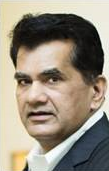
Shri Amitabh Kant
Former Chief Executive Officer, NITI Aayog.
-

Dr. V.K. Saraswat
Member, NITI Aayog.
-
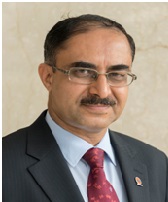
Shri Ajay Sawhney
Former Secretary, MeitY, Govt. of India,
-
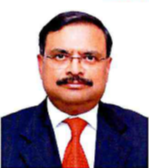
Shri C.K. Mishra
Former Secretary, MoEF&CC
-

Shri Arvind Kumar
Former GC (R&D-E and Cyber Security), MeitY, Govt. of India,
-

Dr. Sandip Chatterjee
Senior Director, MeitY, Govt. of India,
-
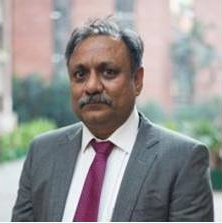
Dr. Suneel Pandey
Director, The Energy and Resources Institute
-
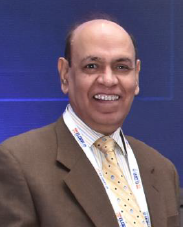
Shri Amrit Manwani
President, ELCINA
-
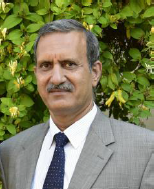
Shri Rajoo Goel
Secretary General, ELCINA
-
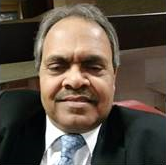
Shri Satish Sinha
Associate Director, Toxics Link
-

Shri Rohit Kumar Singh
Secretary General, CEAMA
-

Shri N K Mohapatra
Former CEO, Electronics Sector Skills Council of India
-
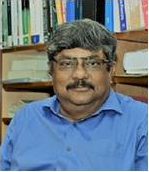
Professor Manipadma Datta
VC, Teri School of Advanced Studies
-
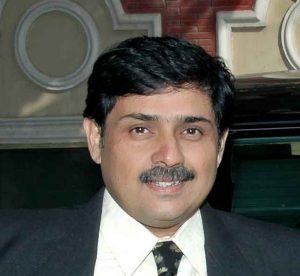
Mr. Vivek Seigell
Principal Director, ICT Electronics Committee, PHDCCI
-

Ashish Chaturvedi
Former Director, Climate Change, GIZ India
-

Manish Sharma
President, CEAMA
-
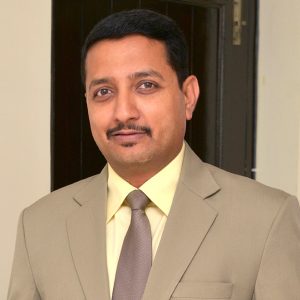
Anwar Shirpurwala





